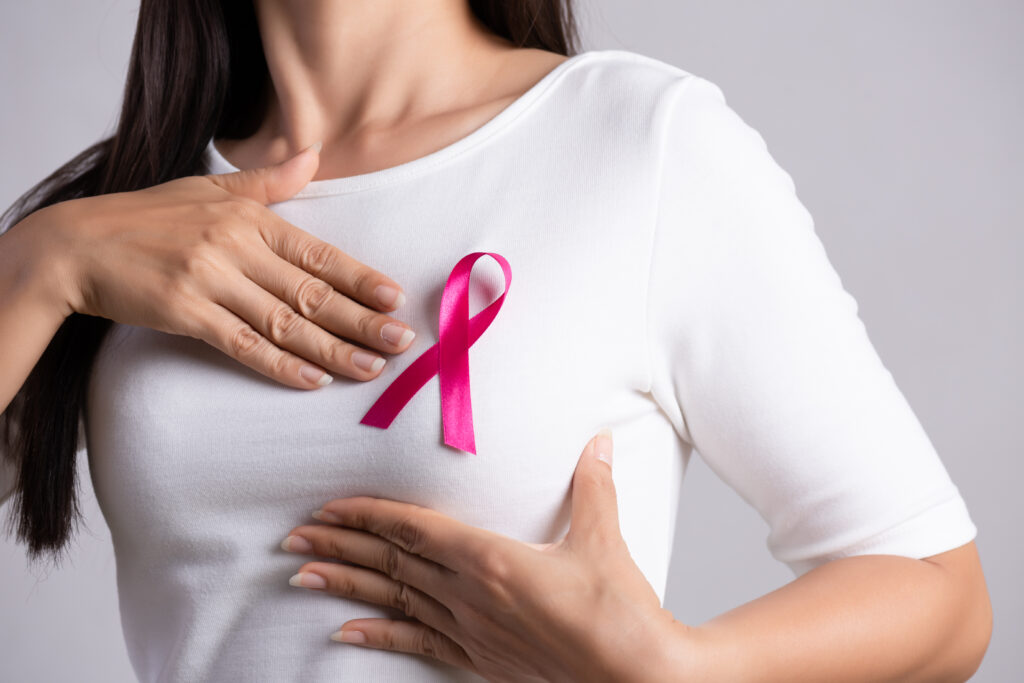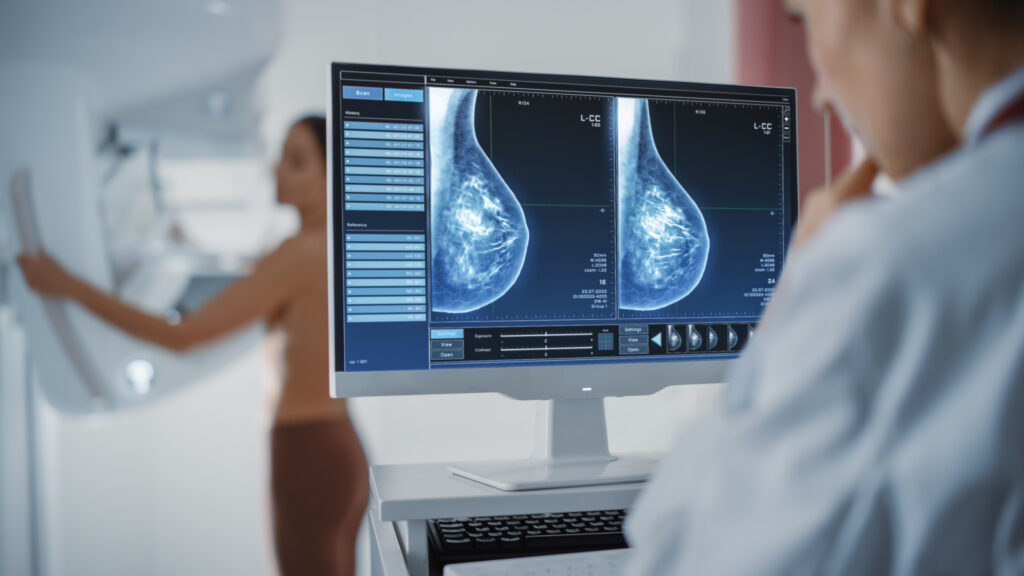Among Indian women, breast cancer ranks high in prevalence. An alarming number of young women are being diagnosed with it, and India is predicted to soon have the world’s highest annual incidence rate.

What can you do to protect yourself from this disease?
- Exercise: Women who exercise for 30 minutes, three to four times a week, lessen their chance of developing breast cancer.
- Breastfeeding: Reduced risk of breast cancer is associated with breastfeeding.
- Maintaining a Healthy Weight: Women with a weight gain of more than 25 kg from their weight at age 18 have a higher chance of developing breast cancer than women who have kept a stable weight.
- Weight Loss after Menopause: Women who lost 10 pounds or more after menopause compared to their weight before menopause had a lower chance of getting breast cancer.
- Refrain from drinking alcohol: Studies have shown that women who have even one or two drinks per day significantly increase their chance of developing breast cancer. Drinking any amount of alcohol raises endogenous oestrogen levels, which may contribute to the onset of breast cancer.
- Eat Right: Antioxidants are helpful, therefore eating lots of different fruits and vegetables (at least two cups worth) is recommended. Plant meals are rich in minerals, vitamins, and phytochemicals, and there is evidence that these compounds work together to increase an individual’s natural resistance against cancer. Whole grains, beans, berries, papaya, carrots, melons, cruciferous vegetables (broccoli, cauliflower, cabbage, brussels sprouts), dark leafy green vegetables (spinach, mustard greens etc.), peppers, flaxseed, garlic, grapes/grape juice, green tea, soy products, and tomatoes are all excellent choices for lowering one’s risk of developing cancer.

Screen Regularly
If detected early, breast cancer may be treated successfully in 100% of cases. Early detection of breast cancer can be achieved by self-examinations once a month, annual medical exams, and mammograms. A monthly self-breast exam is recommended beginning as early as age 20. If there is a history of breast cancer in the family, screenings should begin early.
Understanding how to screen for breast cancer is important. Changes in breast size or shape, the appearance of lumps in the breasts or underarms, or unusual changes to the skin or nipple should prompt a trip to the doctor.
